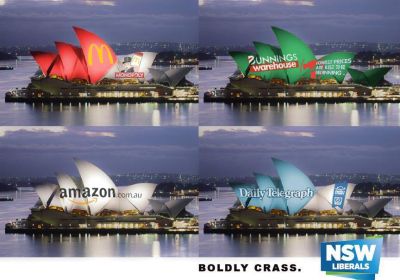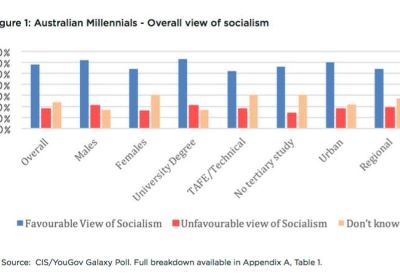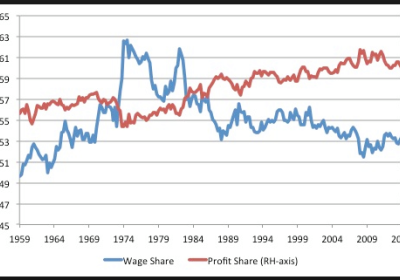
The rapidity with which homophobic rugby player Israel Folau raised $2.2 million for his fight against Rugby Australia is just the latest example of how easy it is to monetise hate these days. It is a morbid symptom of a capitalist system plumbing the depths of moral bankruptcy.



 Red and Black Bloc banner on November 29.
A large-scale revolt of fans of the A-League, Australia's leading football (soccer) competition, has broken out. With several “active support” fan groups on an indefinite strike and fans from each of the 10 clubs protesting in one form or another, it is one of the largest sporting-related protests in Australia's history.
Red and Black Bloc banner on November 29.
A large-scale revolt of fans of the A-League, Australia's leading football (soccer) competition, has broken out. With several “active support” fan groups on an indefinite strike and fans from each of the 10 clubs protesting in one form or another, it is one of the largest sporting-related protests in Australia's history.